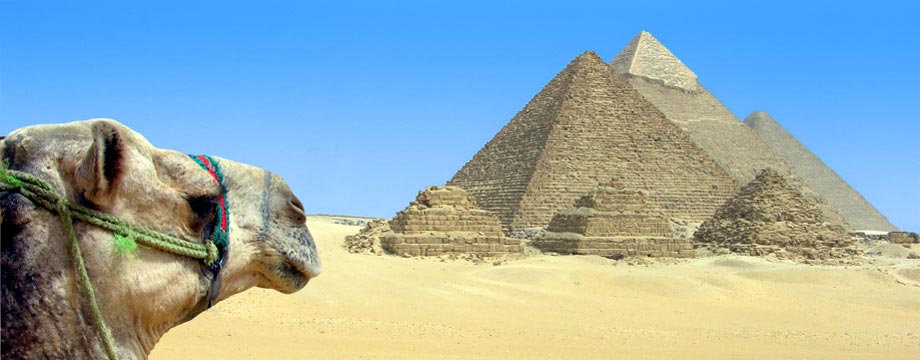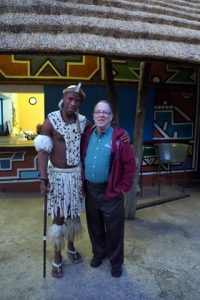Today is the kind of day I’m really delighted to be on this FDIB trip; the combination of business visits and cultural experiences is exactly what I need to help me bring International Business vividly to students at Illinois Wesleyan (and hopefully to readers of this blog—believe it or not, I am “on the job”.
The site visits were fascinating. One was to an insurance company started by two Australians in the 1990s to tackle health care insurance. It has since expanded into other financial services (property and casualty insurance, life insurance, banking) and into other countries, including UK,de and through a joint venture with John Hancock to the US and with Ping An, to China. To me, the most interesting discussion involved what the speaker, a senior executive and former government minister (not an uncommon example in developing or even, as I think about it, developed countries), described as a shared value model. The model uses the incredible data available to determine and manage risk to the company by determining and helping shape a customer’s behavior. The Vitality wellness subsidiary of Discovery (the main company) partners (a word we’ve heard a lot) to get rewards to encourage people to eat healthy, and exercise to save money and save money on their health premiums. Data reveals (and we knew it!) that exercising 5x a week put you in a healthier category, as will eating right. Consequently, you get points from the partners, whether it’s a discount on healthier foods or to an exercise club. I think he said that of the 8.5 million life insurance holders in the country, 3.2 million belong to Discovery/Vitality. The current promotion is the company will give y tiou an Apple watch which 1) you can pay for with your reward points; 2) keeps track of your exercise activities and purchase points; and 3) sends reminders each week of what you need to meet that week’s goals. The reward program can result in low frequency high ticket rewards (airline travel; he mentioned really cheap airline tickets for his daughter) or low ticket-high frequency rewards (weekly goals=free cup of coffee at Starbucks—though I think drinking caffeine probably ought to cost points).
The data he noted, has not only become more reliable, but verifiable. For example, you get tested for smoking, and the card the company gives you uses food purchases.
The application has been so successful, he noted, that the company is testing using it for automobile insurance, with data from cars that can even alert you if someone not driving like your profile is driving the car. I think I had heard State Farm developing similar software. What it does emphasize is what I’ve been urging students to do—learn how to use data; companies are!
The second visit was to a company you might have heard of Walmart, which bought an interest in Massmart, a local retailer with five divisions that Walmart has kept (including a Home Depot look alike), wholesale operations, and a variety of retail operations.
The American who spoke to us (along with the Dutch CFO and a South African) had been in South Africa since the merger, and to his disappointment, was being rotateand out. He did describe the complicated steps in the merger. Proposed in 2010, it was approved by a competition commission, and a tribunal, only to be nixed by a combination of government and labor (as I’ve mentioned, the governing African National Congress has strong labor participation), a decision which he said still has repercussions.
For Walmart, negotiations and compromises on Walmart’s part led to eventual approval. Walmart asagreed to recognize unions, not lay off workers, supply funds to help develop local suppliers (I think he said $25 million), and recognize the unions. There are over 40, he said, some being store specific.
Our speaker said that Walmart was a marketing, supply chain, and logistics company, masquerading as a retailer, while Massmart (with stores in 13 African countries) was a finance company masquerading as a retailer, so Walmart thought there would be synergies. Five years into the merger, he said they are still integrating the two companies. The most difficult operational question for Walmart has been the introduction of food and working with the government regulations meant to favor black-owned enterprises. Interestingly, he said Massmart was more entrepreneurial and decentralized that Walmart has become; being big, Walmart has become more bureaucratic, and that’s part of the culture clash in integrating the two chains (not to mention, as he pointed out that South Africa is still Eurocentric, with more British business thinking than American). Our hour scheduled trip easily slid into over two hours, as you might imagine, because every one of the business faculty has used Walmart as an example of something or another in class (but, as the Walmart executive said, watch out for Amazon and the battle for the web space)
In the evening, we were treated to an introduction to the African tribal culture. South Africa is roughly 50 million people, about 10% Caucasian (and ¾ of them descendants of the Boers). The republic has 14 official languages, reflecting the 14 official tribes. The dinner/theater/hotel about an hour from the city had villages representing 5 of those tribes. You can lodge in one of the villages, or just have dinner, dances, and a discussion in each of them. Our guide was a Zulu with a booming voice and a great theatrical presence, who took us to each village, taught us a few words, and described some aspects that differentiated them. The most memorable? The different number of cows required for a dowry (usually 11, sometimes demanding horses as well), and for one, pretty, hard working, and educated got you xix more cows. The Zulu, who under Chief Shaka, dealt the British the worst defeat they experienced until World War I in a futile effort to delay British conquest; during that battle, the Pedi so admired the bravery of the slaughtered Highlander regiments that they wear kilts (they kilt the Brits?) to this day, and the Xhosa, from whose royalty Mandela descended, and whose language includes tongue clicks we could not imitate.
I think you can see why I thought the lessons of the day would find their way into class!!


